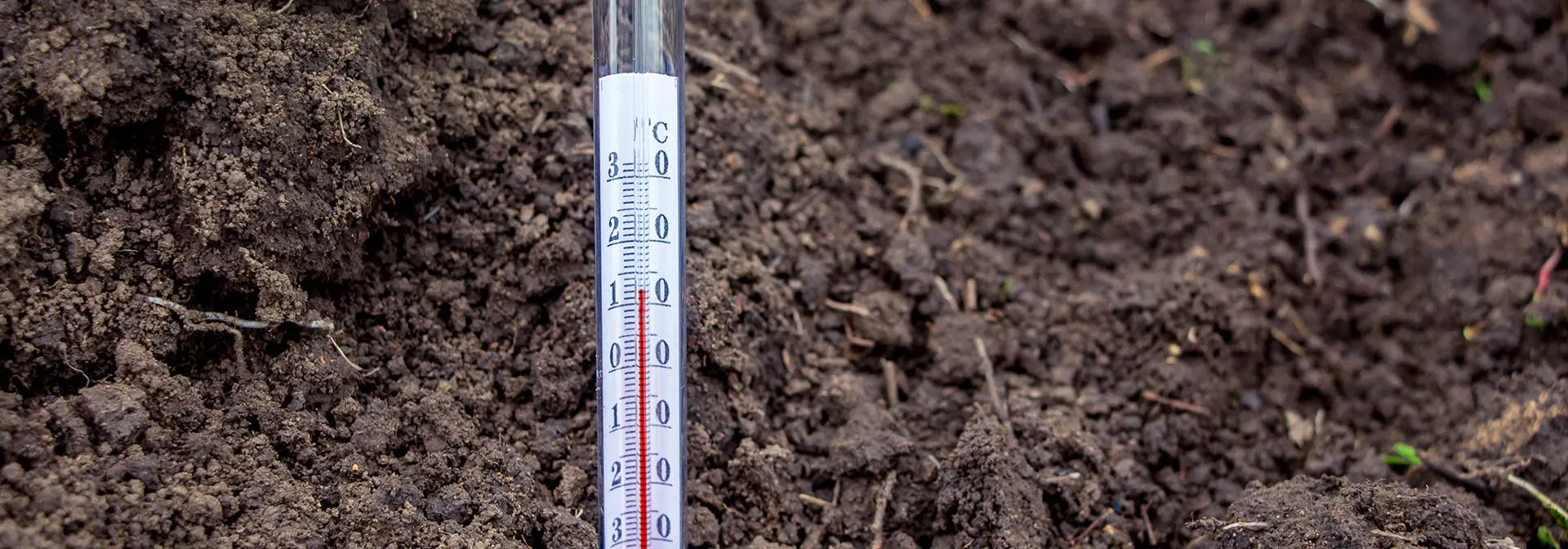Temperature regulation of soil processes and implications for environmental change

It is well known that all biological processes are regulated to some extent by environmental processes. The role of temperature, water and the supply of energy in the form of readily available substrates all have key roles in regulating soil organic matter transformations. However, these factors frequently interact and the soil microbial community which drives the processes may adapt to the conditions. This makes predicting the effects of environmental changes of soil organic carbon stocks particular difficult. Research in this area is addressing these themes.
Selected publications:
- Hartley, I.P., Garnett, M.H., Sommerkorn, M., Hopkins, D.W. & Wookey, P.A. The age of CO2 released from contrasting ecosystems during the extended Arctic winter. Soil Biology & Biochemistry 63, 1-4.
- Hartley, I.P., Garnett, M.H., Sommerkorn, M., Hopkins, D.W., Fletcher, B.J., Sloan, V.L., Phoenix, G.K. & Wookey, P.A. (2012) A potential loss of carbon associated with greater plant growth in the European Arctic. Nature Climate Change 2, 875-879.
- Hartley, I.P., Hopkins, D.W., Garnett, M.H., Sommerkorn, M. & Wookey, P.A. (2010) The response of organic matter mineralisation to substrate and nutrient additions in subarctic soils. Soil Biology and Biochemistry 42, 92-100.
- Wookey, P.A., Aerts, R., Bardgett, R.D., Baptist, F., Bråthen, K.A., Cornelissen, J.H.C., Gough, L., Hartley, I.P., Hopkins, D.W., Lavorel, S. & Shaver, G.R. (2009) Ecosystem feedbacks and cascade processes: understanding their role in the responses of arctic and alpine ecosystems to environmental change. Global Change Biology 15, 1153-1172.
- Hartley, I.P., Hopkins, D.W., Garnett, M.H., Sommerkorn, M. & Wookey, P.A. (2008) Soil microbial respiration in arctic soil does not acclimate to temperature. Ecology Letters 11, 1092-1100.